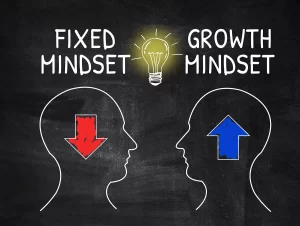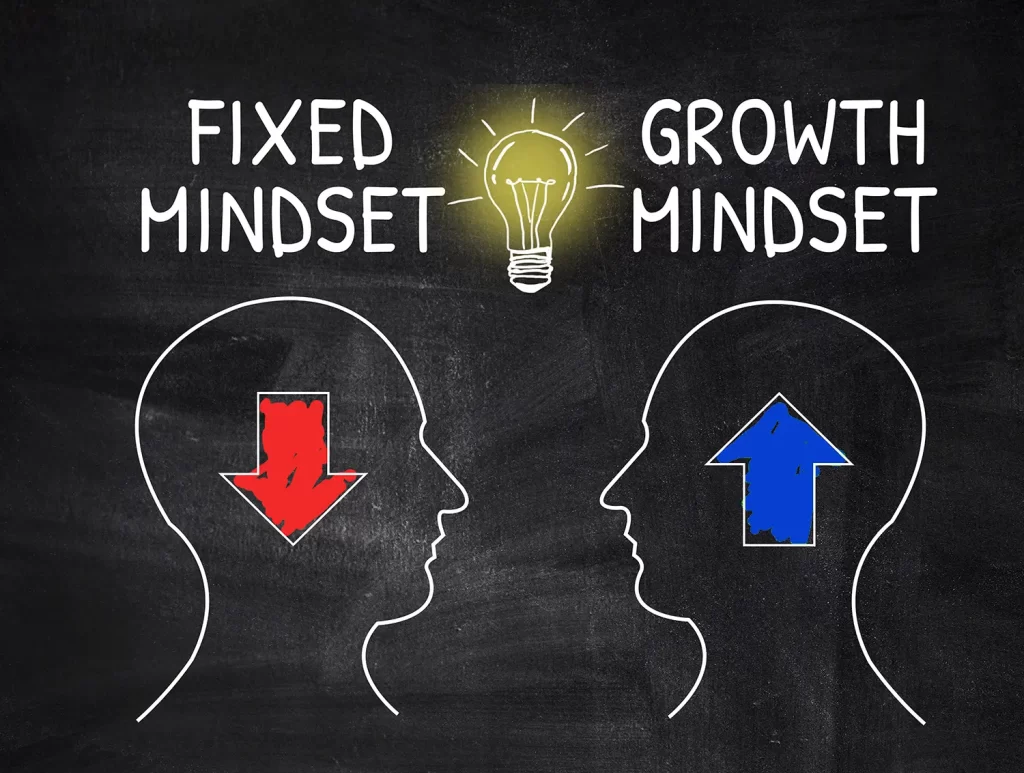Alright, let’s talk about this… Honesty is essentially the act of aligning our words and actions with reality—the actual reality. In the simplest terms, it means not lying, cheating, or misleading others. I know it sounds super straightforward, but you wouldn’t believe, or maybe you might, the responsibility that comes with it.
Honesty is the ultimate test of courage to deal with the uncomfortable, inconvenient, humiliating, and in some cases life changing situations that create our realities. By practicing honesty, we not only build trust with others, but also reinforce trust with others in business. And TRUST is the matriarch of the reason any ever ever chooses to by from someone. I’m talking about you.
Let’s talk about it…
Why Honesty Is So Critically Important
Yes, it’s true that being honest in life can risk many things, like friendships, convenience, and dependability. But in business it can risk:
- Loss of customer base
- Stake holders trust
- Business partners interest
- Financial loss
- Company Reputation
For example, telling the truth about a mistake at work might make someone fear losing credibility, yet concealing it could lead to worse outcomes. The better option is to tell superiors what happened, because if it happened to you, it may have happened to someone else. It could also serve as a learning expereince for that employee. And furthermore, chances are they already have protocol in place for said mistake that employee made.
By taking ownership of what actually is, what happens, or most likely what went wrong, it can be one of the most personally daunting things that ever happens to someone. This is why honesty requires courage and self-discipline: it is about choosing truth over convenience.
It’s a difficult balancing act to balance honesty with compassion. You know, those brutal truths, and the truths that shouldn’t always be “brought up”? It’s hard to determine when to build relationships based on that rather than destroy them.
How About Some Statistics?
- Studies suggest 30–35% of people lie in anonymous situations for personal gain, but most still tell the truth.
- In business, losing client trust due to dishonesty costs EXPONENTIALLY more than retaining clients through honesty.
- Neuroscience research shows dishonesty can change yout brain activity, making lying easier over time… in other words. making it a habit, and then a lifestyle!
These facts highlight why honesty matters beyond life, but into business ethics. Science demonstrates that the costs of dishonesty is simply too high, especially for business. ESPECIALLY for business. Evidence even shows that honesty supports healthier brains, businesses, and societies as a whole.
Let me ask you this, do you want to:
- Lose loyal customers
- Damage brand reputation
- Stagnate long-term growth
- Lose good employees
- Get into unnecesary legal battles
If you answered no to even one of those, this article may be for you.
Dishonesty often sets off a chain reaction of problems you don’t want. A single lie can multiply into bigger ones to cover up the initial falsehood. Over time, this leads to a cycle of mistrust and personal turmoil. But if you’ve read this far, I’m sure you already know that.
Benefits of Honesty
On the other hand, honesty builds a foundation for trust, peace of mind, and long-lasting relationships. Life with honesty is filled with confidence, authenticity, and meaningful connections. When people know they can rely on your word, they are more likely to support, respect, and collaborate with you. Honesty not only strengthens external bonds but also enhances inner peace, as there is no fear of being “found out.” Living honestly allows us to live authentically and without unnecessary burdens.
Why Honesty Matters to Your Business
For readers today—whether in personal life, business, or leadership—honesty matters because it determines how people perceive, trust, and connect with you. A dishonest act can undo years of effort, while honesty can create loyalty that lasts a lifetime. For entrepreneurs, honesty is an essential part of building credibility with clients and investors. For families, it’s the key to raising children who feel safe and secure. In every sphere of life, honesty acts as the glue that holds relationships together.
Why Honesty Matters to You
For readers today—whether in personal life, business, or leadership—honesty matters because it determines how people perceive, trust, and connect with you. A dishonest act can undo years of effort, while honesty can create loyalty that lasts a lifetime. For entrepreneurs, honesty is an essential part of building credibility with clients and investors. For families, it’s the key to raising children who feel safe and secure. In every sphere of life, honesty acts as the glue that holds relationships together.
- Damaged reputation and credibility, making it hard to rebuild trust.
- Strained or permanently lost relationships with friends, partners, or colleagues.
- Missed opportunities due to being labeled untrustworthy.
- Financial and legal consequences in cases of fraud or dishonesty.
- Inner conflict, guilt, and stress from living with lies.
William’s Perspective
Honesty is a weapon. In life, it makes you unshakeable. In business, it makes you untouchable. Liars may sprint ahead for a week, but a man who tells the truth will own the race forever.
Ethics experts argue that honesty is not just moral—it’s practical. I want you to think of honesty as currency, building credibility and attracting long-term clients. In public life, honesty fortifies leaders, creates favorable work environments, and produces everlasting company cultures. Think of the longest standing most successfulk companies in the world, like Mercedes-Benz, 3M, or even McDonalds. No matter how you feel aobut these companies, they have stood the test of time somehow.
Psychologists also stress that honesty reduces mental strain, as people no longer waste energy maintaining lies. In leadership, honesty fosters respect, loyalty, and effective communication, making it indispensable for sustainable success. If you want your company to be in business for 100 years from now and beyond, this is what I’d do.
Honesty in leadership can:
- Relieve guilt or secrecy
- Improve trust in relationships and professional interactions
- Produce occasional discomfort with high yielding results
- Offer a sense of alignment between beliefs, actions, and values
Leaders are honest. They take ownership for everything they do and say. Mistakes, successes, wins, losses, decisions, etc.
What you really risk
Do you want to lose personal credibility? Do you want to damage relationships permanently. Do you want to struggle with mental and emotional conflict. Do you want to face social or professional isolation. Then be a leader and do what must be done—tell everyone the truth.
When honesty is avoided long-term, people often live double lives, creating inner turmoil and fear of exposure. Such avoidance corrodes self-esteem and prevents authentic connection. Eventually, dishonesty can lead to professional and personal collapse, as trust once lost is extremely difficult to regain.
Here’s what you SHOULD do
- Speak truth tactfully: Honesty does not mean cruelty; tone matters.
- Admit mistakes quickly: Transparency builds trust and reduces escalation.
- Align words and actions: Integrity means living consistently with values.
- Practice accountability: Inviting feedback helps keep us honest.
These practices make honesty more approachable. Rather than bluntly “telling it like it is,” honest communication requires empathy and tact. Balancing truth with kindness ensures that honesty builds relationships rather than damaging them. But I will say, just because you can say something doesn’t mean you should.
You can:
- Strengthen marriages and friendships.
- Build reliable businesses.
- Maintain public trust in institutions.
- Create a culture of openness in teams.
In practice, honesty provides a competitive advantage in both life and work. Companies known for honesty attract loyal customers. Families built on honesty develop deep bonds of trust. Even in difficult circumstances, honesty paves the way for resolution and growth.
Common Myths About Honesty
- Myth: “Honesty always hurts feelings.”
Truth: Hurt feeling from the truth can occur, but at the end of the day, the feelings get resolved. - Myth: “Small lies don’t matter.”
Truth: EERRRHHH! Wroooong! Small lies often snowball into larger deceptions. Just because it’s small doesnt mean it doesn’t matter. - Myth: “Being honest is risky.”
Truth: Is it now? Nope… It’s riskier to tell a lie. Imagine if you had a lie carriedo n for years and years for someone to have their entire reality destroyed because the truth was discovered?
Debunking these myths helps people embrace honesty with more confidence. While honesty may feel risky in the moment, it is always safer in the long run. The belief that honesty is harmful is often just fear disguising itself as wisdom.
FAQ’s
Q: Is honesty always the best policy?
A: Yes, because even if it feels costly in the short term, honesty builds trust and prevents greater harm in the future.
Q: Can honesty be harmful?
A: Honesty should always be balanced with kindness. Cruel honesty can damage relationships, but compassionate honesty strengthens them.
Q: How can I practice honesty daily?
A: Start with small actions: admit mistakes, avoid exaggeration, and practice accountability with peers.
Q: Why is honesty important in business?
A: It establishes credibility, retains clients, and protects long-term reputation.
Final Words
Practicing honesty can initially feel intimidating, especially when truth-telling risks conflict. However, the long-term effects are overwhelmingly positive. People who choose honesty consistently build reputations for reliability and integrity. Over time, honesty strengthens both internal peace and external connections.
Here are some key takeaways from all this:
- Honesty is more than “not lying”—it’s aligning words, actions, and values.
- Dishonesty leads to broken trust, stress, and long-term damage.
- Honesty creates trust, authenticity, and sustainable success.
- Practicing honesty requires courage, but it pays off in relationships, business, and self-respect.
Remember: Is honesty the best policy? Absolutely—and it always has been.











